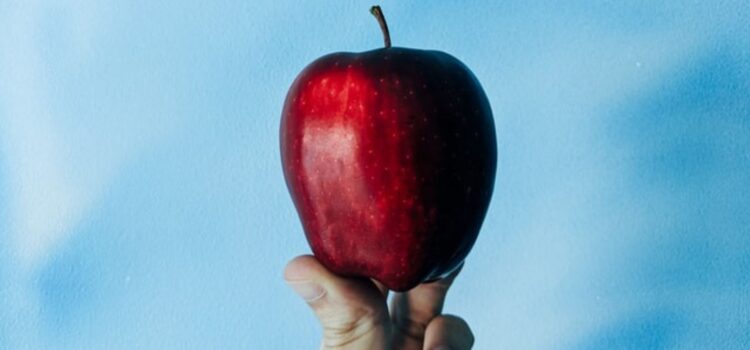Why are we so drawn to high-calorie foods? Is the human body designed to process so many calories? According to Bill Bryson’s book The Body: A Guide for Occupants, humans are attracted to calorie-dense food due to evolution. However, what was once an evolutionary advantage is now the reason why so many people struggle to maintain a healthy weight. Here’s why you should reduce your calorie intake and avoid processed foods.
Here’s Why You Should Reduce Your Calorie Intake










